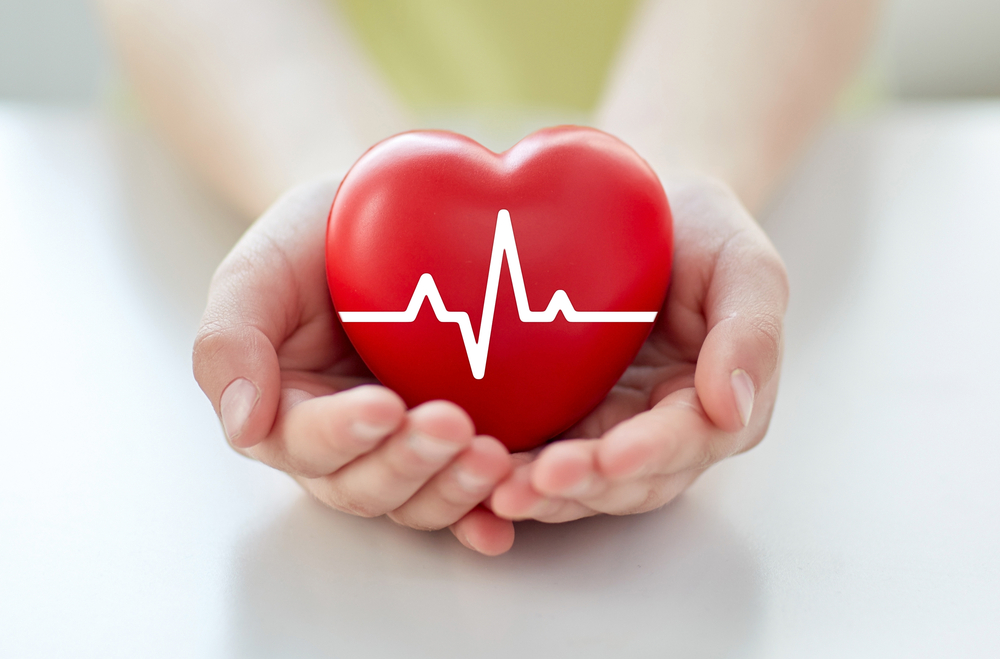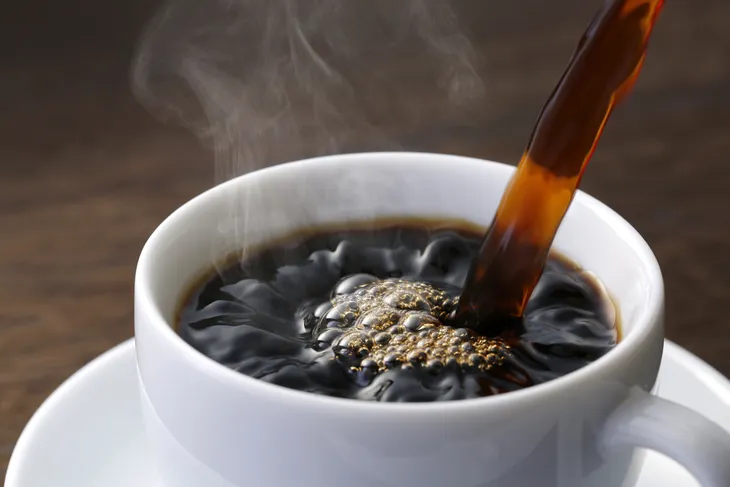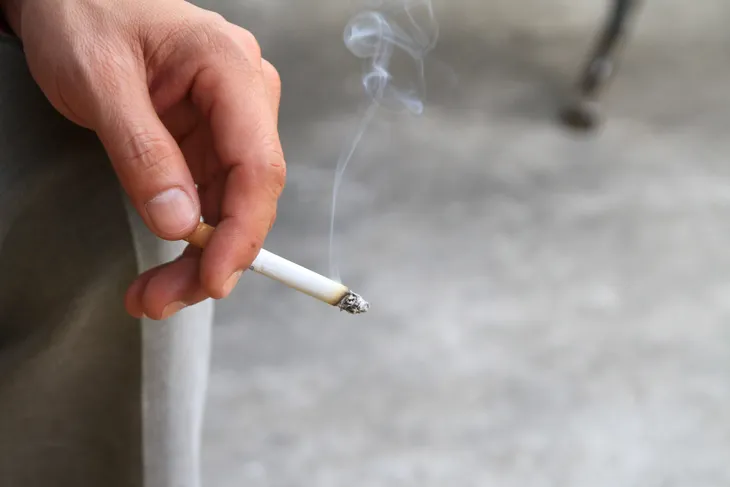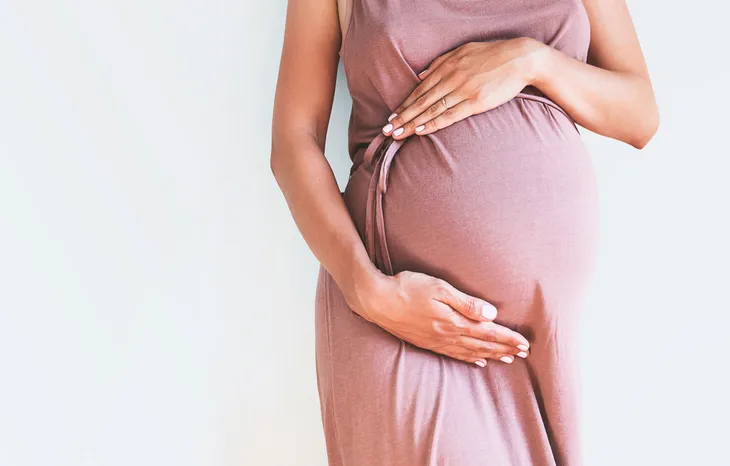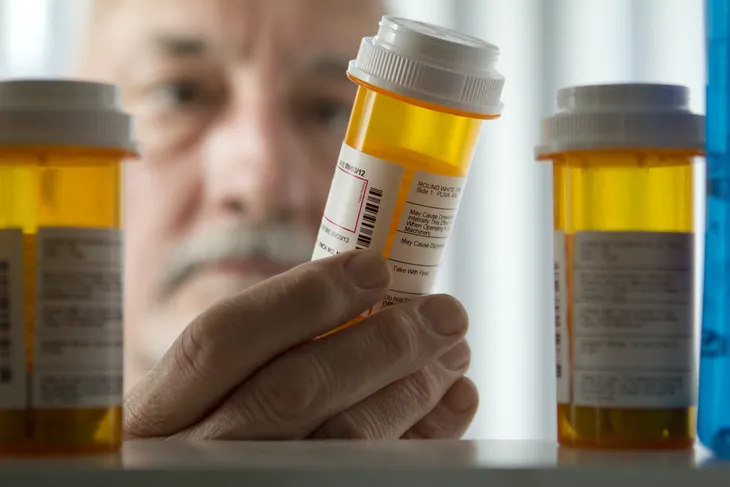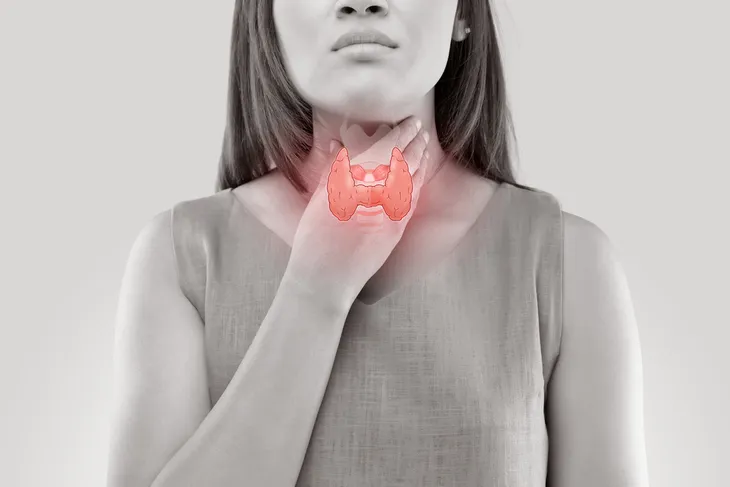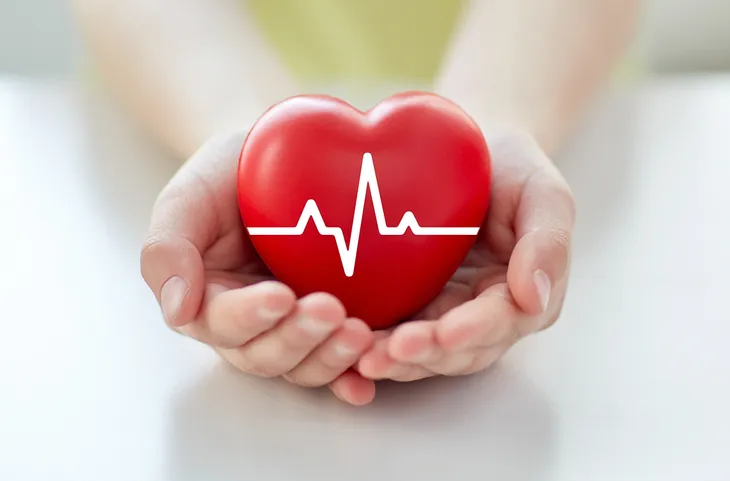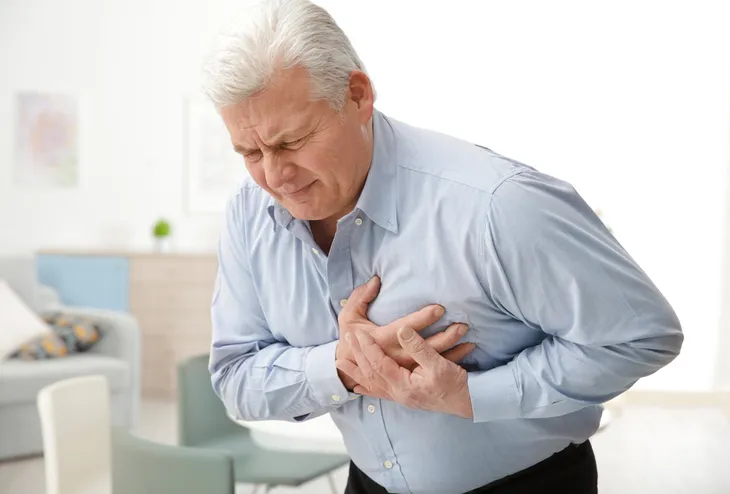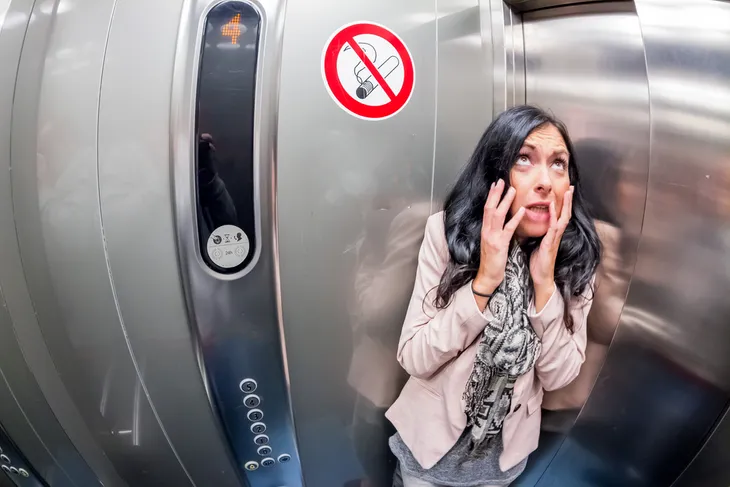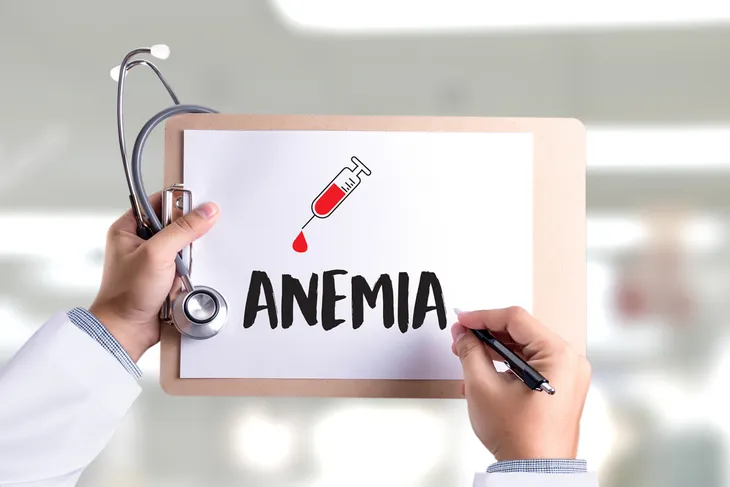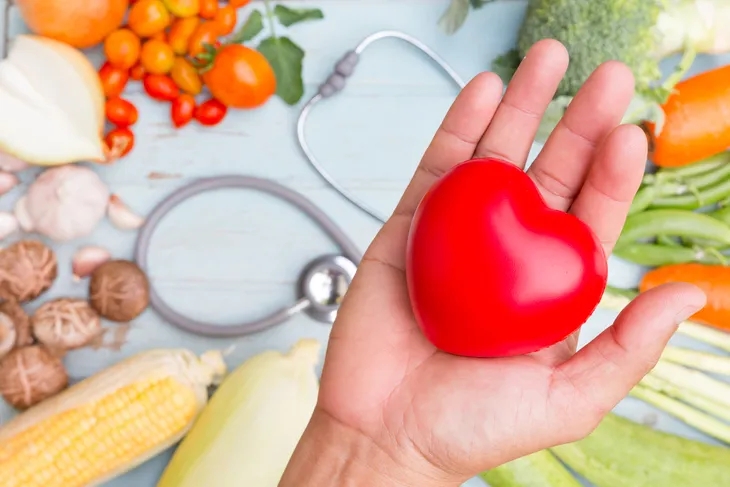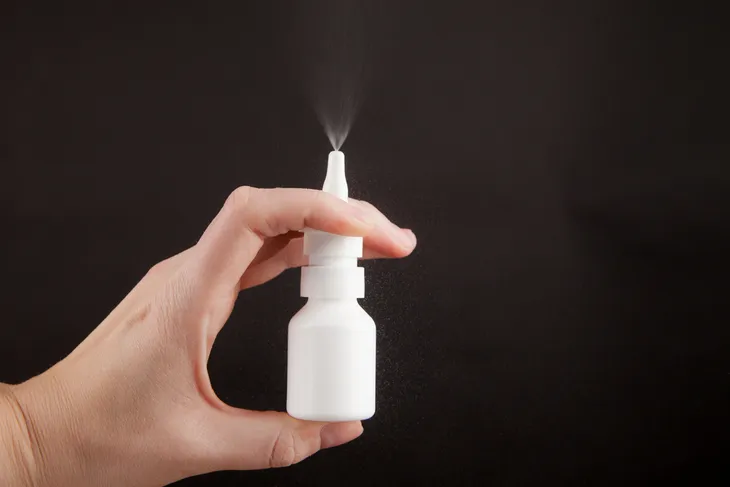For the most part, we never notice our heart as it pumps blood through our body. Heart palpitations can be a frightening reminder that our heart is there! People who’ve experienced them will feel their heart pound, flutter, or even seemingly skip a few beats. They can be felt either in the chest, throat, or neck.
Heart palpitations sound scary, and they’re even more confusing for people who don’t know why it’s happening. Not to worry! Most often they’re stress-related and not at all harmful. However, caffeine, nicotine, and hormones can also cause the heart to beat faster than normal, as can an underlying health condition. If they persist, consult a medical professional.
Here are the 15 common causes of abnormal heart beat…
1. Stress
More often than not, an abnormally fast heart rate will occur due to an emotional response—for instance, work stress or personal anxiety—or worse, a panic attack! “When your adrenaline level goes up, it makes you feel the palpitations, because your heart is beating stronger or faster,” says Malissa Wood, MD, co-director of the Corrigan Women’s Heart Health Program at Massachusetts General Hospital, to Self. Wood also notes that lack of sleep can be a causative factor basically anything that would “make you on edge.”
2. Physical Exertion
According to WebMD, strenuous exercise can bring on a heart palpitation if the heart rate increases and is pushed to the level of strenuous physical activity (i.e., taking the stairs or shoveling) or exertion.
3. Too Much Caffeine
Consuming excessive caffeine in the form of coffee, pop, or even tea can cause the heart rate to quicken and palpitations to occur. Brian Kolski, MD, an interventional cardiologist with St. Joseph Hospital in Orange, California tells Health.com that caffeine is a stimulant which means it “stimulates the autonomic nervous system (the involuntary nervous system which controls heart rate and more), which can cause an increase in palpitations.”
4. Stimulants
According to the Mayo Clinic, any kind of stimulant, such as nicotine, caffeine, cocaine, amphetamines, and even cold and cough medication (the kind that contains pseudoephedrine) can cause heart palpitations. All of these things cause the heart rate to increase (i.e., cocaine or amphetamines), which is associated heart palpitations.
5. Hormonal Changes
Hormonal changes associated with menopause, menstruation, and even pregnancy can cause spikes in heart rate and abnormal heart beat. Birth control pills can also be the culprit, whether it’s a change in pills or missing a menstrual cycle. WebMD also notes that palpitations during pregnancy could be a warning sign of anemia.
6. Medication
Oftentimes, taking cold and cough medications that contain stimulant ingredients—such as pseudoephedrine or stimulants in asthma inhalers—will cause the heart to race and palpitations to occur. “Some medications affect how other medications are metabolized, while others cause changes in the electrical conduction system of the heart,” says Kolski to Health.com.
He also warns patients to not be too alarmed when experiencing changes to your heartbeat. It could just be a side effect of the medication, but it’s important to make sure your doctor knows every drug or supplement you are taking before they prescribe you any medication.
7. Overactive Thyroid
Heart palpitations can occasionally occur due to a medical condition such as “thyroid disease, a low blood sugar level, anemia, low blood pressure, fever, and dehydration,” says WebMD. For instance, an abnormal heart rate is an early warning sign of hyperthyroidism (an overactive thyroid gland).
8. Arrhythmias
Arrhythmias (abnormal heart beat or irregular heart rhythm) may cause the heart to skip a beat if the heart rate is too fast (called tachycardia) or become too slow (called bradycardia).
Improve your heart health in just five days! Sign up for our newsletter to receive our daily heart health checklist.
9. Heart Issues
Heart palpitations are often indicative of certain underlying heart conditions, such as congestive heart failure, improper working heart valves or heart muscles, coronary artery conditions, and the onset of a heart attack.
10. Panic Attack
WebMD cites a panic attack, or any other strong emotion such as fear or stress, as a main cause for heart palpitations. Anyone who’s experienced a panic attack knows how scary and debilitating it can be, and one of the most common side effects is a racing heart and an overwhelming feeling of impending doom, says Shephal Doshi, MD, a director of Cardiac Electrophysiology at Providence Saint John’s Health Center in Santa Monica, California to Health.com.
”Sometimes you may have an arrhythmia [an abnormal heart rhythm caused by a disruption in the heart’s electrical signaling] that’s actually causing the panic attacks, so see a doctor to rule out something more serious,” says Doshi.
11. Dehydration
On average, people aren’t drinking enough water on a daily basis. The Institute of Medicine recommends people have about 2.2 liters of water a day, or about nine cups, which means you should be making several trips to refill your glass throughout the day.
Dehydration occurs when the body doesn’t have enough fluid to carry out its normal functions. It usually happens when someone is losing more fluids than they are able to replace, which causes them to become dehydrated. “Dehydration can cause changes in your body’s electrolytes and also lowers blood pressure,” says Doshi to Health.com. “This puts stress on the body and, as a result, could cause an abnormal heartbeat.”
12. Anemia
Anemia is a condition that develops when there isn’t enough red blood cells or hemoglobin in the blood. WebMD notes that these two things are responsible for binding oxygen. So, when they are low, the body isn’t getting enough oxygen. There are several different types of anemia, but the most common is iron deficiency anemia.
Brian Kolski, MD, an interventional cardiologist with St. Joseph Hospital in Orange, California, says that anemia doesn’t always cause heart palpitations, but people who are suffering from anemia sometimes feel like their heart is beating harder. “Since you have fewer red blood cells, a faster heart beat increases oxygen delivery when you’re anemic,” he says.
13. Heavy Metals
This mainly applies to people who work in construction or some kind of industrial setting. Basically any kind of environment where they are exposed to mercury, cadmium, or other heavy metals. Health.com notes that long-term exposure to these metals can have effects on the body. It can “lead to inflammation, blood clots (thrombosis), and other heart-related problems.”
However this isn’t the only way someone can be exposed to heavy metals. WebMD writes that exposure sometimes comes in the form of diet. “Some people have palpitations after heavy metals in rich carbohydrates, sugar, or fat. Sometimes, eating foods with a lot of monosodium glutamate (MSG), nitrates, or sodium can bring them on, too,” says the source.
14. Changes to Diet
Heart palpitations due to dietary changes may not be as common, but Nicole Weinberg, MD, a cardiologist at Providence Saint John’s Health Center in Santa Monica, California, says it has happened before. “I do have some patients that say whenever they eat a lot of [fill in the blank] foods, like dairy or gluten, or when they’re not having their regular three meals a day…those are things that can bring on palpitations,” says Weinberg to Self.
WebMD advises people who experience heart palpitations after eating certain foods to keep a food diary because it could be due to an allergy. This will help them figure out exactly what food caused this reaction. Just as it could be due to a particular food, it could also be due to low blood sugar, especially if the patient has been exerting a lot of energy by working out, says Jennifer Haythe, MD, an assistant professor of Medicine at Columbia University Medical Center.
15. Decongestants
According to Doshi, who spoke with Health.com, some people experience heart palpitations after taking decongestants simply because they are sensitive to the drug. For the most part over-the-counter medications should be safe for the average person, but people with certain conditions like a heart arrhythmia might be advised against taking decongestants.
